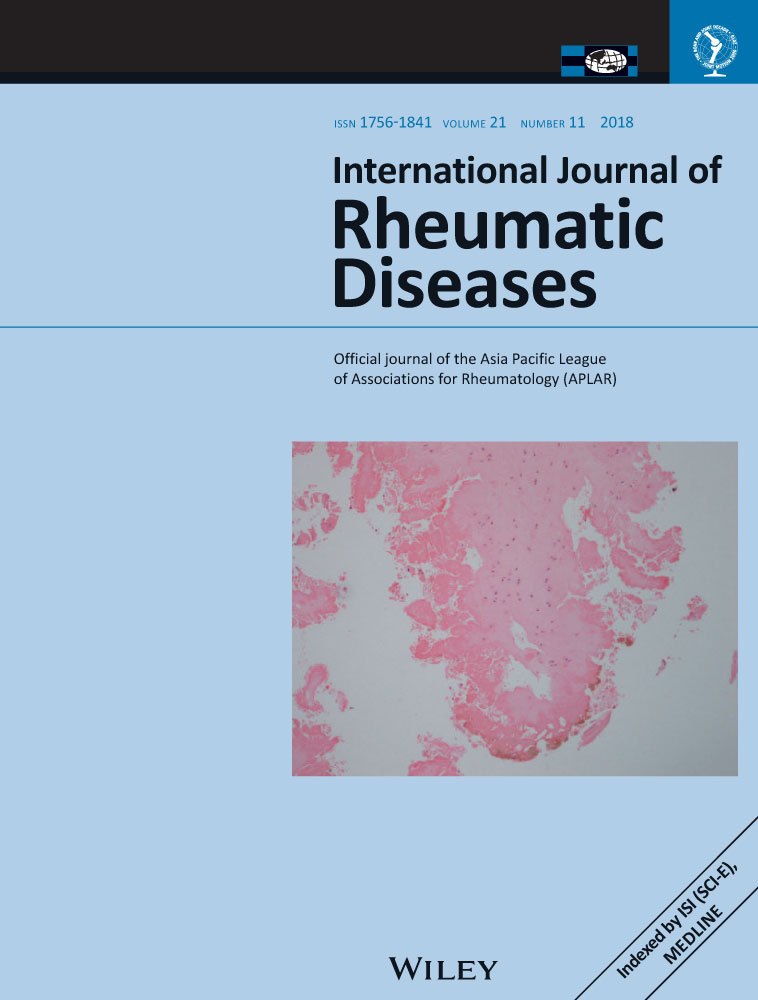Kawasaki disease in a 9-year old girl presenting with febrile cholestasis: case report and review of literature
Abstract
Kawasaki disease is a systemic vasculitis that develops during childhood, especially in those younger than 5 years. Gastrointestinal involvement does not belong to the classic diagnostic criteria. We reported here, a 9-year old girl who presented with febrile cholestasis, and developed a medium right coronary artery aneurysm despite intravenous immunoglobulin administration on the 9th day of fever. Hepatobiliary ultrasonographic evaluation revealed normal findings. Seroimmunologic markers of cholestasis were negative. Her clinical feature was ameliorated shortly after a second dose of intravenous immunoglobulin administration. We consider that a high index of suspicion of Kawasaki disease could prevent delayed diagnosis and complications.




